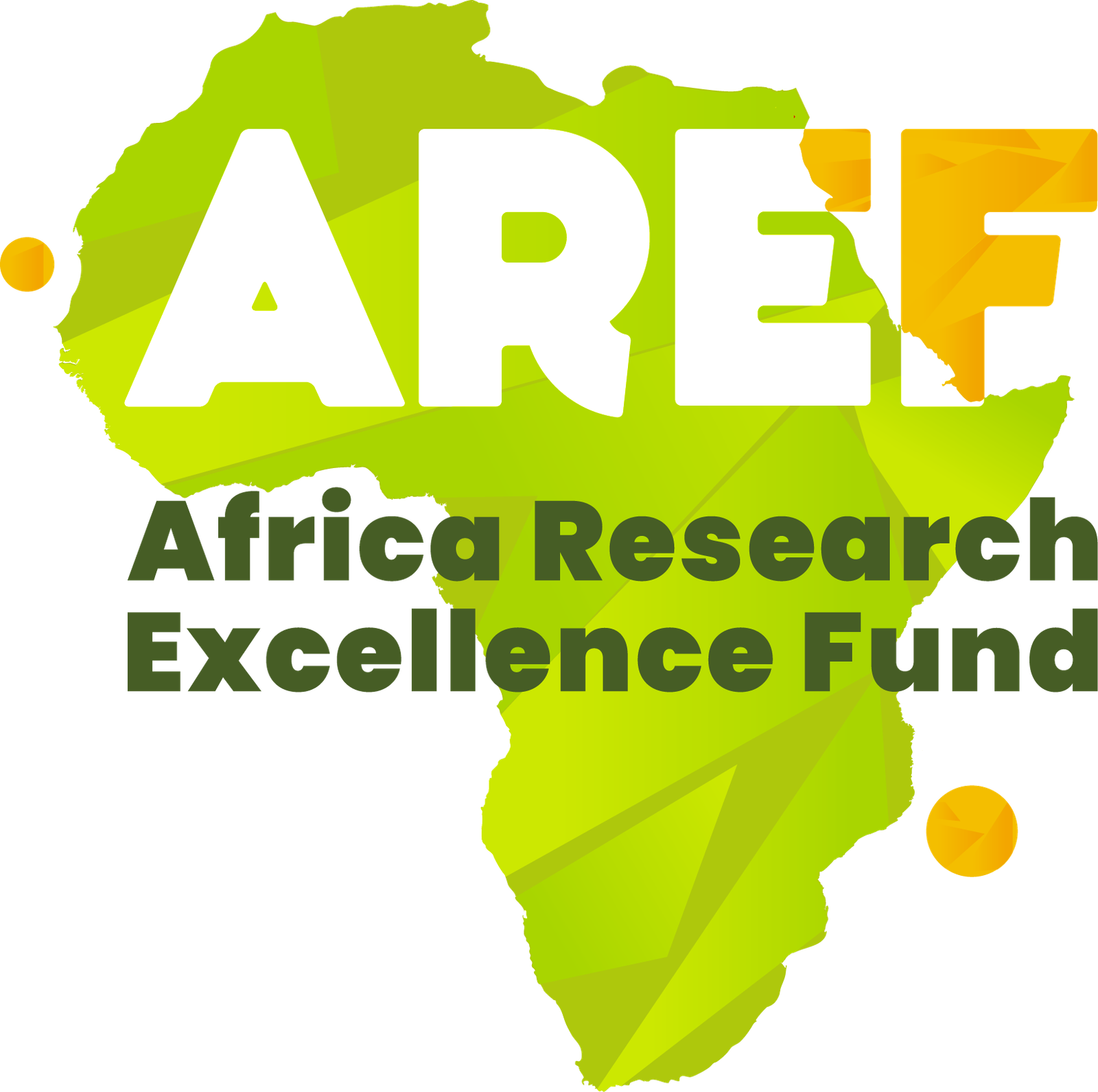Africa houses 15% of the global population; however, it carries a fourth of the worldwide disease burden and produces only 2% of the world’s research output.[1] Stomach cancer, along with other common cancers, is among the diseases that receive insufficient funding and research attention in Africa.[2]
Recently, many African scientists have been advocating for research equity as the cancer crisis persists across Africa. According to some researchers, cancer is an undermined research topic globally due to intense competition in the field. Earlier this year, the world celebrated World Cancer Day with this year’s theme centred on “Closing the Care Gap”.
Dr. Evariste Tshibangu-Kabamba, a medical doctor from the Democratic Republic of Congo (DRC) has been closing this cancer research gap in Africa, by uniting voices and taking action on addressing cancer, throughout his academic research. Dr. Evariste has worked for several years at the Department of Internal Medicine of the Faculty of Medicine at the University of Mbujimayi in DRC.
In 2020, he obtained his PhD degree in medical sciences with a thesis work on the risk of gastric cancer in Africa in the light of comparative genomics of Helicobacter pylori (Oita University, Yoshio Yamaoka Lab). He completed his doctoral and postdoctoral training in Japan in the fields of gastrointestinal cancers and infectious diseases, including basic research and clinical training in gastrointestinal endoscopy and management of gastric cancer (Fukuoka University Chikushi Hospital, Oita University Hospital, Nagasaki University School of Global health, and Osaka Metropolitan University).
Dr. Evariste attained a postdoctoral fellowship in infectious diseases at Osaka Metropolitan University in Japan (Prof Yasutoshi Kido). His main research interest is related to the relationship between Helicobacter pylori (main cause of stomach cancer), gut microbiome, and the development of gastrointestinal cancers in African settings. This is relevant because according to World Health Organization (WHO) stomach cancer is also the 12th most prevalent cancer in Africa, with a mortality and incidence rate of 3.8 and 4 per 100,000 people.[3]
As an assistant professor in the Department of Internal Medicine at the University of Mbujimayi in DRC, as well as at the Research Center for Infectious Disease Science at Osaka Metropolitan University in Japan, Dr. Evariste is a member of other research institutions. In particular, he is a broad member of the African Helicobacter and Microbiota Study Group (AHMSG) and a founding member of the Aurore Foundation, a medical NGO specializing in the fight against gastrointestinal cancers in the DRC through primary, secondary, and tertiary preventive strategies.
In 2023, Dr. Evariste discovered African Research Excellence Fund (AREF), ultimately benefiting from its three-month Essential Grant Writing Skills training, which took place from September to November 2023. “Although I had some prior experience with research grants, I was lacking confidence in my own writing skills and ability to manage research grants.”
As an early career researcher, Dr. Evariste recognised that grant writing skills were essential for his future career aspirations, especially since he is professionally transitioning toward more investment in research and scientific capacity building in his home university in the DRC. “The training I received from AREF therefore came timely for my ambitions and plans. This encouraged me to proceed with my first grant application to create a research unit in the DRC, which I hope to obtain this year.”
As a recently joined AREF alumnus, Dr. Evariste is content about the being part of the alumni group where many grant application opportunities are shared and discussed. “It is encouraging to see how AREF facilitates networking among its alumni. The AREF also offers a valuable asset consisting of the possibility of maintaining contacts between the Alumni and their previous trainers whose experience and advice are highly appreciated.”
Beyond the skills necessary to develop convincing and competitive grant applications, the training from AREF taught Dr Evariste critical skills such as how to work on his Personal Development Plan (PDP) and how to approach his career prospects as a scientist differently. Currently, Dr. Evariste is continuing to strengthen his research capacity to tackle this disease.
___________________
Notes for Editors
For media inquiries, contact: Awa L. Jagne, aref@aref-africa.org.uk
About Africa Research Excellence Fund
The Africa Research Excellence Fund (AREF) was founded by Professor Sir Tumani Corrah KBE in 2015.
Professor Corrah founded AREF to support the careers of the new generation of African researchers, giving them the stepping stones needed to become outstanding research leaders in their respective fields, ensuring that talent is retained in Africa to address the continent’s unique health research needs.
AREF’s vision is of an inspired, committed, and talented community of researchers in Africa leading world-class research and participating equitably in international research endeavours for health and wellbeing.
###
Alumnus Contact Information:
Dr. Evariste Tshibangu
Twitter/X: @eva_tshibangu
Linkedin : https://www.linkedin.com/in/evariste-tshibangu-kabamba-053147120/
Some recent publications on Helicobacter pylori and gastric cancer:
https://pubmed.ncbi.nlm.nih.gov/34002081
https://www.nature.com/articles/s41598-023-35527-4
https://www.nature.com/articles/s41467-023-43562-y
[1] Anyangwe SCE, Mtonga C. Inequities in the global health workforce: the greatest impediment to health in sub-Saharan Africa. Int J Environ Res Public Health 2007;4:93–100.
[2] Mutebi M, Lewison G, Aggarwal A, et al.. Cancer research across Africa: a comparative bibliometric analysis. BMJ Glob Health 2022;7:e009849. 10.1136/bmjgh-2022-009849
[3] https://www.ncbi.nlm.nih.gov/pmc/articles/PMC8718290/#:~:text=Stomach%20cancer%20is%20also%20the,Kingdom%20and%20the%20United%20States.


